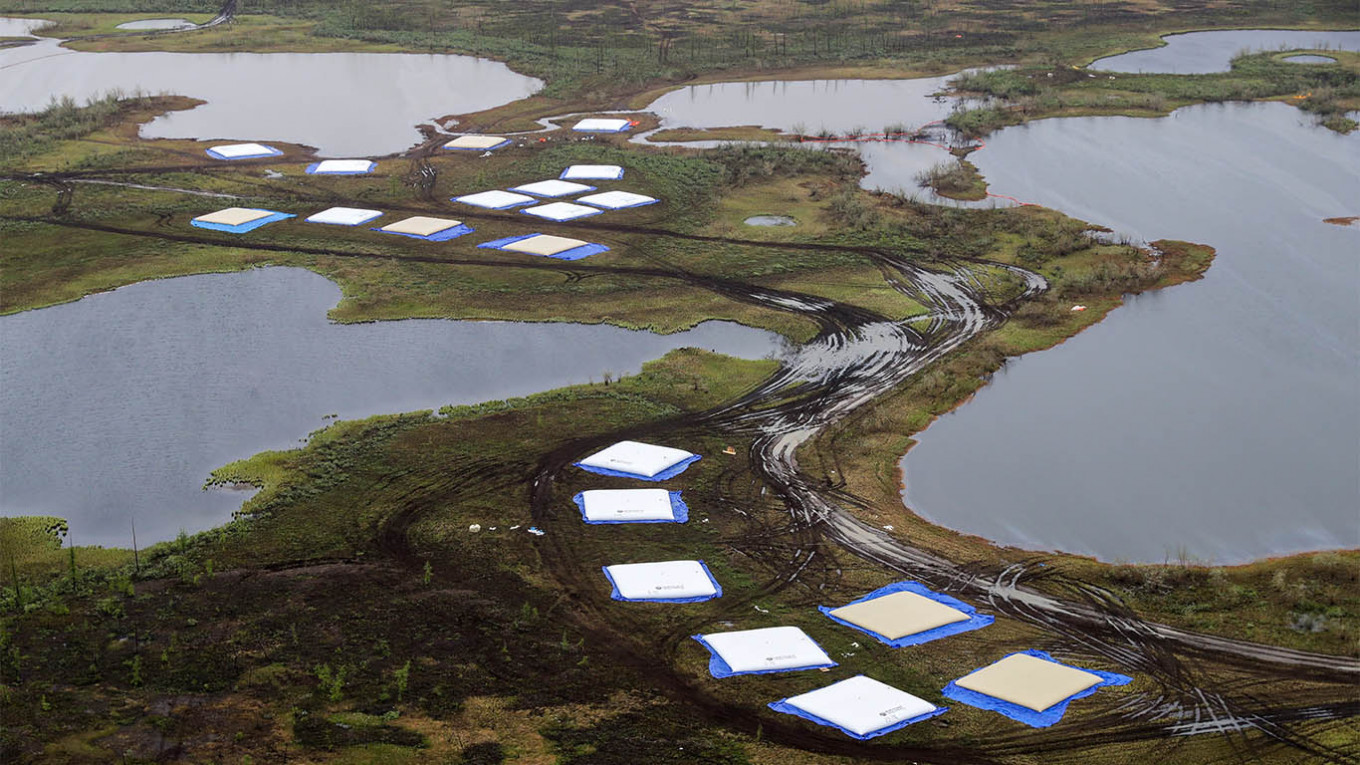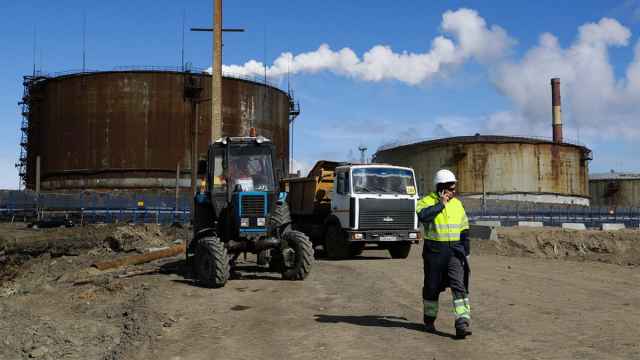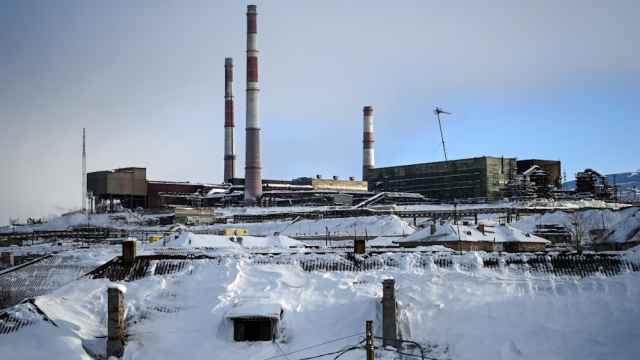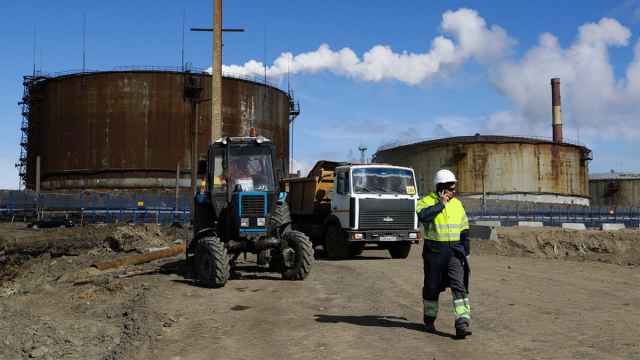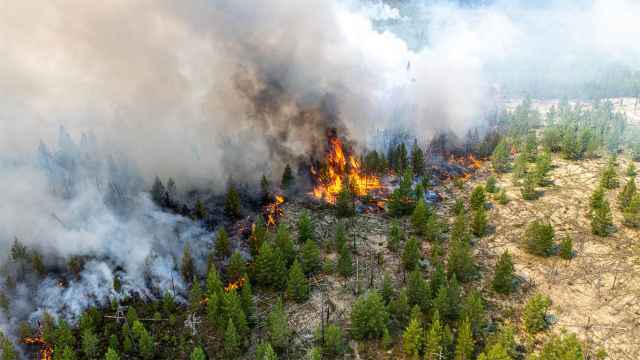Russian mining giant Nornickel will pay a record $2 billion fine handed down for the worst ever Arctic oil spill, the company confirmed Friday.
On Feb. 5, a Siberian court ordered Nornickel pay 146 billion rubles ($2 billion) in compensation for its culpability in an oil tank spill that resulted in more than 20,000 tons of diesel pouring into rivers and waterways around the Arctic city of Norilsk last May.
The metals giant had argued it should pay just 21 billion rubles ($290 million), but the court ruled in favor of Russia’s environment ministry. The company was given one month to decide if it wanted to appeal the ruling.
“It is a court decision, we will make this payment,” a company spokesperson confirmed Friday.
In its 2020 annual report published earlier in the week, Nornickel had already said it would likely not proceed with an appeal.
“The Group’s management considers that it would not be in the best interests of the Group to appeal the judgment,” said a note buried in the financial statements.
Activists and Russian officials said the oil spill was the worst ever environmental disaster inside the Arctic Circle.
The immediate trigger for the spill was melting permafrost underneath a large fuel tank at one of Nornickel’s power plants in Russia’s Arctic north, which caused the tank to subside and spill its load. But both Russian investigators and a report commissioned by Nornickel found significant flaws in the tank’s design and construction, which — if addressed — would have allowed the tank to better withstand the melting permafrost.
Nornickel was also criticized for not alerting authorities to the spill earlier and for not having mechanisms in place to contain an oil spill once it had started.
The company had already created a $2 billion reserve fund in accordance with Russian law, which says companies must make provisions and set aside the maximum amount for any potential fines.
The fine took a significant chunk out of Nornickel’s financial results for 2020. While revenues increased 15% to $15.5 billion during the year on the back of higher commodities prices, profits fell by 40% to $3.6 billion, the company stated. Higher outlays related to Covid-19 health and safety measures also increased costs.
Earnings were slightly down on market expectations, said Yuriy Vlasov, a senior analyst at Sova Capital, but Nornickel’s share price was largely flat in Tuesday trading.
Nornickel President and main shareholder Vladimir Potanin is Russia’s richest man, with his wealth crossing the $30 billion mark Tuesday, according to Forbes — the first time a Russian has reached the milestone.
Potanin said Tuesday Nornickel had “drawn an important lesson” from the oil spill.
“[Nornickel has] dramatically reviewed its approach to environmental risk management, water stewardship, biodiversity restoration and climate change. The company intends to increase its investments into industrial safety and an upgrade of energy infrastructure, gradually substituting the use of diesel fuel with natural gas that has a lower carbon footprint,” he said in the report.
A Message from The Moscow Times:
Dear readers,
We are facing unprecedented challenges. Russia's Prosecutor General's Office has designated The Moscow Times as an "undesirable" organization, criminalizing our work and putting our staff at risk of prosecution. This follows our earlier unjust labeling as a "foreign agent."
These actions are direct attempts to silence independent journalism in Russia. The authorities claim our work "discredits the decisions of the Russian leadership." We see things differently: we strive to provide accurate, unbiased reporting on Russia.
We, the journalists of The Moscow Times, refuse to be silenced. But to continue our work, we need your help.
Your support, no matter how small, makes a world of difference. If you can, please support us monthly starting from just $2. It's quick to set up, and every contribution makes a significant impact.
By supporting The Moscow Times, you're defending open, independent journalism in the face of repression. Thank you for standing with us.
Remind me later.


